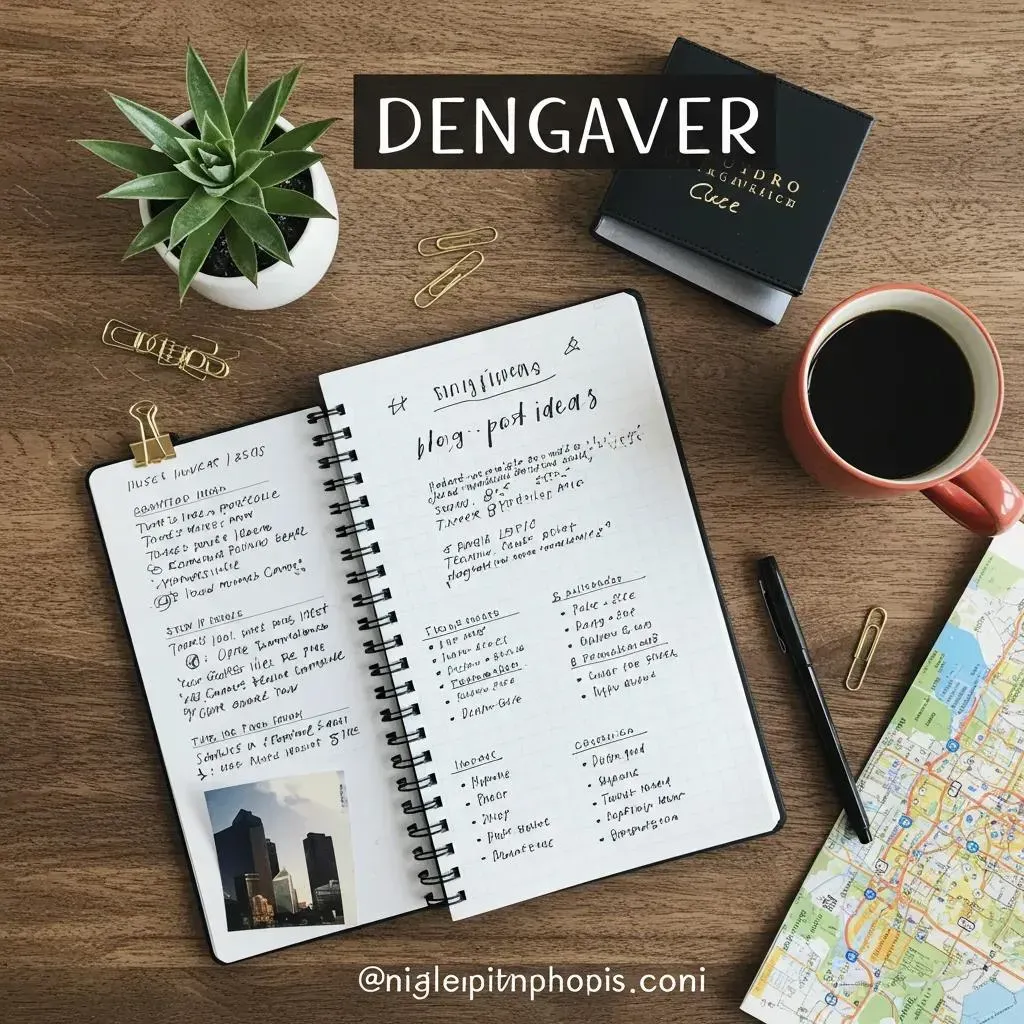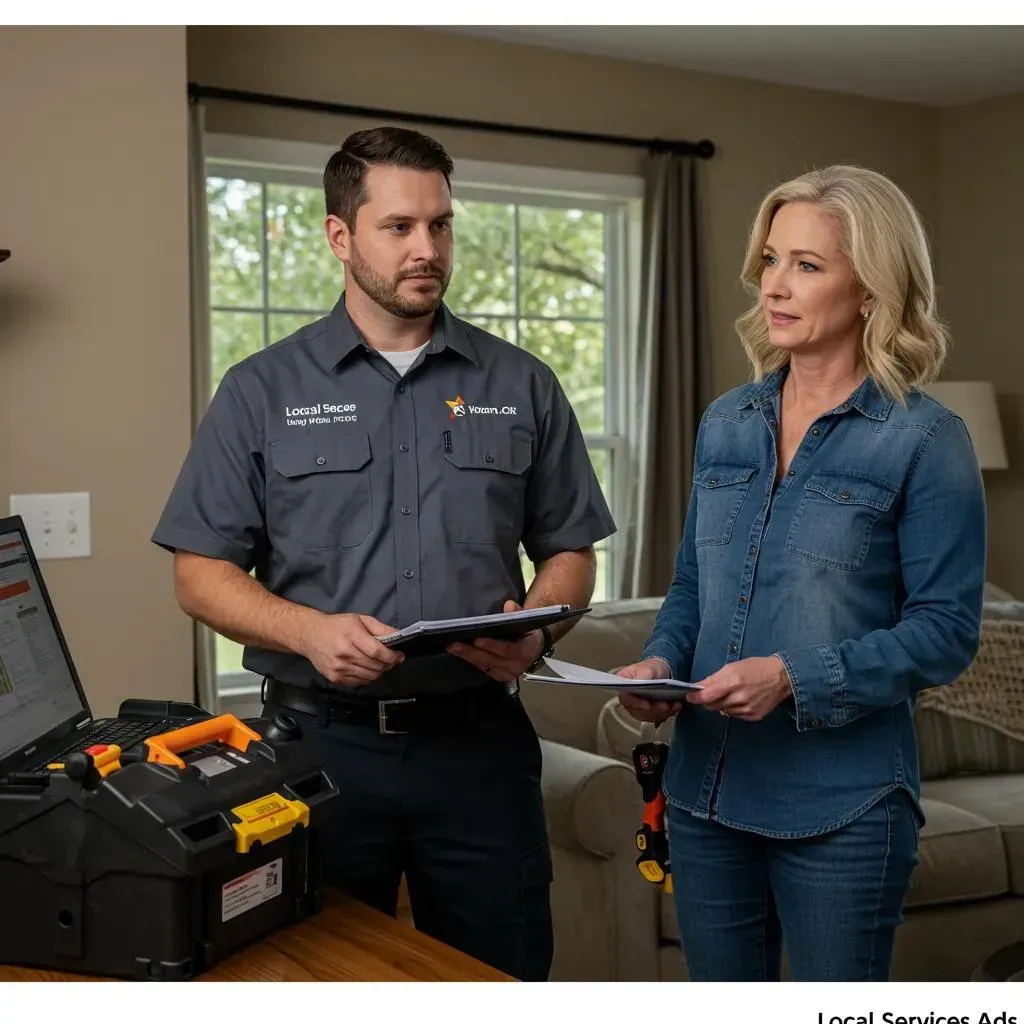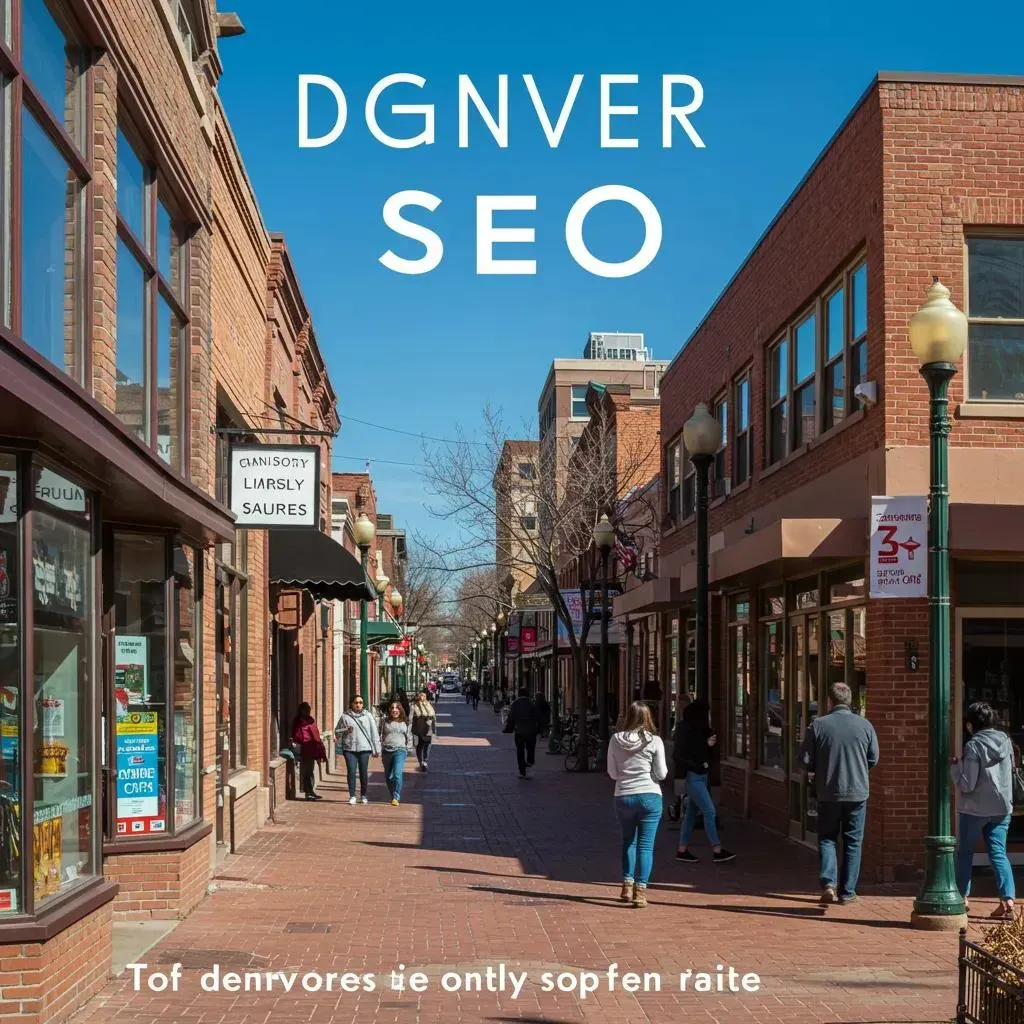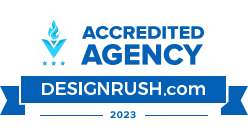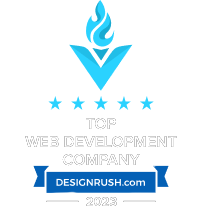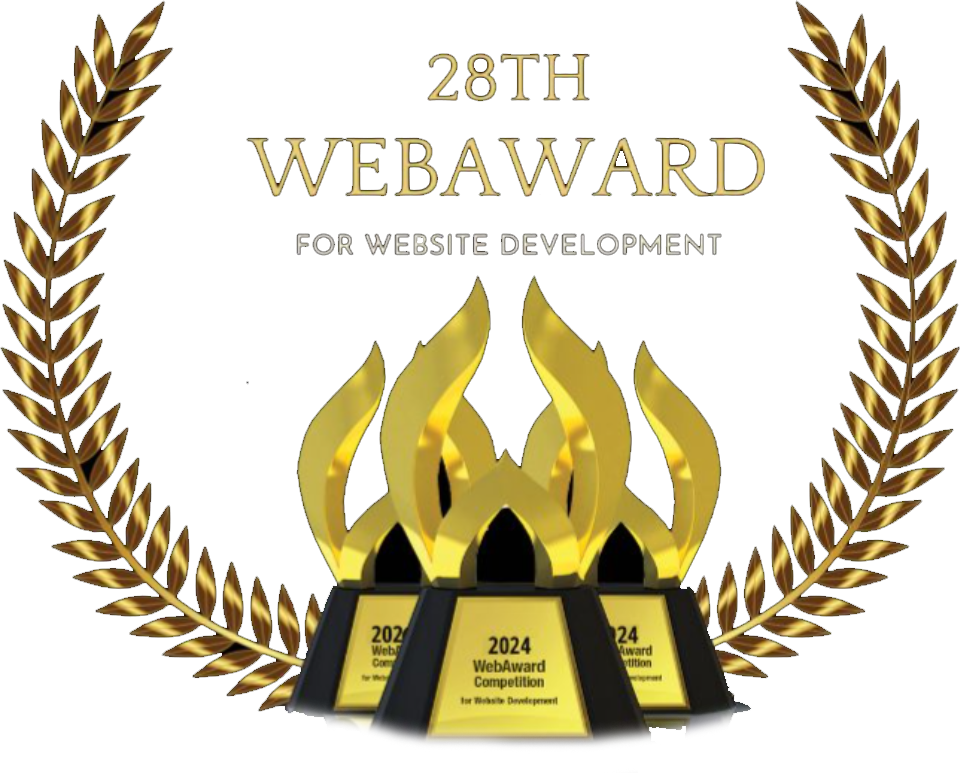AI Overviews & Local SEO Changes in Denver 2025
AI Overviews & Local SEO in Denver: What Changed in 2025 for Denver Businesses

AI Overviews—Google’s AI-driven SERP summaries—now influence a large share of local queries, meaning Denver businesses must adapt how they present structured, entity-rich information to remain visible. This article explains what AI Overviews and AI Mode are, why 2025 is a turning point for local visibility, and which foundational SEO practices remain essential despite algorithmic shifts. Readers will learn the mechanics behind entity-first ranking, practical structured-data and LLMS.txt steps, and a clear audit-and-measurement plan tailored to Denver use-cases. The guide also maps KPIs and monitoring cadence so owners can detect AI-driven changes quickly and prioritize fixes with maximal impact. Finally, actionable recommendations show how to prepare listings, content, and technical signals to align with AI Overviews while preserving traditional local-pack performance.
What Are AI Overviews and AI Mode, and How Do They Impact Local SEO in Denver?
AI Overviews are concise, AI-generated summaries that synthesize information from multiple sources to answer user queries directly on the SERP, and they work by aggregating structured data, Google Business Profile facts, and authoritative content. The mechanism is entity-centric: LLMs identify the business entity, compile salient attributes, and output a short answer that users see before or instead of clicking through. For Denver businesses, this changes traffic patterns—some queries now produce quick answers that reduce immediate site visits but increase qualified branded queries and conversion-ready contacts. Understanding these mechanics is essential because optimization must prioritize clarity of entity attributes and EEAT signals to be included in Overviews. The next subsections illustrate specific ways AI Overviews shift local SERP real estate and describe Google’s AI Mode feature in 2025.
How Do AI Overviews Influence Denver’s Local Search Results?
AI Overviews prefer well-structured, authoritative content and clear business attributes, so they disproportionately draw on Google Business Profile entries, schema-enabled pages, and trusted local resources. This results in a redistribution of clicks: overview impressions can reduce generic discovery clicks while increasing branded or conversion-focused visits, changing how local traffic converts. Local examples show AI Overviews citing hours, services, and aggregate review summaries more often than raw organic snippets, which favors entities that expose such attributes in machine-readable form. Monitoring which attributes are surfaced allows businesses to optimize the exact fields AI systems rely on. That monitoring leads naturally into how Google’s AI Mode further amplifies the need for entity clarity and EEAT.
What Is Google’s AI Mode and Its Role in 2025 Local SEO?

Google’s AI Mode is a SERP behavior layer that privileges synthesized, conversational responses for multi-step local queries, and it relies heavily on entity signals and trust markers when composing answers. Mechanically, AI Mode blends GBP facts, structured data, and high-authority local content to craft responses that feel contextual and directive, often recommending a single business or small set of options. For Denver SEO, AI Mode increases the importance of maintaining accurate attribute fields, verified reviews, and localized content that demonstrates topical authority. Optimization tactics include precise schema markup, GBP completeness, and clear on-page entity references so AI Mode can confidently surface your business. These tactics set up the technical requirements we cover next: entity-based changes, EEAT, and structured-data governance.
What Key Changes in Local SEO Should Denver Businesses Know for 2025?
Local SEO in 2025 has shifted from keyword-centric signals to entity-first signals, with four core changes driving outcomes across Denver search patterns. First, search systems now prefer entity clarity over exact match keywords, meaning businesses must present unambiguous name, service, and location attributes. Second, EEAT (Expertise, Experience, Authority, Trust) carries extra weight since LLMs favor credible sources when synthesizing Overviews. Third, structured data and LLMS.txt function as mandatory control mechanisms—schema tells models what an entity is, while LLMS.txt governs access and summarization rights. Fourth, measurement changes: new KPIs around AI Overviews impressions and citation frequency have emerged and require tool and process updates. These shifts form a compact playbook for prioritization and are expanded below with specific entity and EEAT tactics.
Different signals now play distinct roles in local ranking and AI inclusion. The table below maps common entity components to the attribute search systems expect and the practical requirement for AI Overviews.
Business Listing
- Attribute:
structured_data - Practical Requirement: Include LocalBusiness schema with name, address, phone, and serviceType
Service Page
- Attribute:
service_description - Practical Requirement: Use Service schema and include explicit serviceType values for each offering
Reviews
- Attribute:
aggregateRating - Practical Requirement: Expose reviewCount and ratingValue in schema, and respond publicly to reviews
Content Pages
- Attribute:
author & date - Practical Requirement: Use Article or FAQPage schema with clear author bylines and verified credentials
This comparison clarifies where to invest technical and content resources first: structured data, service-level pages, and review exposure are high-impact targets for AI Overviews inclusion.
Denver businesses should prioritize these changes in a phased plan that balances quick wins and strategic work. Next we unpack structured-data and LLMS.txt controls that enforce entity clarity and access.
How Does Structured Data and LLMS.txt Guide AI Overviews for Denver Local SEO?

Structured data and LLMS.txt act as the interface between a business’s site and AI summarizers, with schema.org markup providing explicit entity facts and LLMS.txt controlling what summarizers may access. Schema informs LLMs about business type, services, hours, and reviews; LLMS.txt gives site owners a governance tool to allow or restrict content extraction. Implementing both correctly ensures AI Overviews present accurate business facts while protecting proprietary content. Below we list priority schema types and then show a compact EAV-style table linking schema entities to example snippets and placement guidance to make implementation concrete.
Priority schema types for local visibility include LocalBusiness, Service, FAQPage, and Article; each provides a distinct signal LLMs use when composing Overviews. The list below explains their roles.
- LocalBusiness: Core entity attributes like name, address, and geo-coordinates for entity recognition.
- Service: Describes offerings, pricing models, and serviceType values used in AI answers.
- FAQPage: Surfaces common Q&A that AI Overviews can quote directly for fast answers.
- Article: Supports EEAT by exposing author, publisher, and date for trust signals.
Each schema type should be placed on the page that best represents the entity—LocalBusiness on contact or home pages, Service on offering pages, FAQPage on help sections, and Article on long-form content—to maximize model confidence and snippet use. Proper placement and validation reduce hallucination risk and improve inclusion likelihood.
Implement these schema blocks sparingly but accurately; validation through structured-data test tools is critical to ensure AI systems can read the fields. The next subsection explains LLMS.txt syntax and governance for controlling AI summarizers.
What Structured Data Markup Should Denver Businesses Use for AI Optimization?
Structured data should prioritize explicit, verifiable attributes that AI systems use for entity resolution and trust assessment, focusing on LocalBusiness, Service, FAQPage, and Article markup. Field-level recommendations include clear name and address fields, serviceType tags for each service page, aggregateRating blocks for review exposure, and author bylines with credentials for Article schema. Avoid overloading pages with irrelevant schema types; prefer accurate minimalism to reduce parsing errors. Validate markup after deployment and monitor SERP behavior to confirm which attributes LLMs surface in Overviews. Accurate schema increases the probability your entity is selected as the concise answer for local queries.
The integration of AI into search engines is fundamentally changing how businesses optimize for visibility, with AI-driven content analysis becoming a cornerstone of modern SEO strategies.
AI's Impact on SEO: Enhancing Search Engine Optimization with Artificial Intelligence
Significance of the Study: AI-powered search engines are among the most significant stages of the technological revolution in our world today. These engines contribute to enhancing the quality of search and user experience by providing more accurate and faster results. The study discusses the importance of using AI technologies to improve search engines' ability to understand user queries better and deliver customized content tailored to t
1. What follows is a discussion of how Search Engine Optimisation (SEO) might benefit from the use of AI. Classifiers and statistical models, fuzzy logic, and evolutionary computation are the three main approaches to artificial intelligence. Using this framework, the author searches for scholarly articles that discuss the various ways AI is being used in search engine optimisation. Application of Support Vector Machine and K-Nearest Neighbour Algorithm were among the many prototypes that were obtained. Other examples are Polidoxa and the Fuzzy Inference System. Commercial programmes included SPSS Clementine the SearchDex Hyperloop. The search engines' and SEO firms' insistence on algorithm secrecy limits the scope of their investigation.
2. A 2017 survey indicates that 96% of SEO experts believe AI can enhance SEO, with 73% agreeing it analyzes data effectively for SEO purposes.
Artificial Intelligence and the Reshaping of SEO: A Quantitative Analysis of AI-Driven Content Effects on Search Algorithms, T Suresh, 2023
How Does LLMS.txt Help Control AI Access to Denver Business Content?
LLMS.txt is a governance file that allows site owners to declare which sections of a site AI summarizers may index or use for training and summarization, functioning similarly to robots.txt but targeted at LLM crawlers. Syntax includes allow/disallow patterns for path-level control and optional sitemap pointers for priority content exposure. Practical policies often expose contact and FAQ pages while restricting proprietary knowledge bases or customer data exports. Examples of directives include Allow: /faq and Disallow: /internal-reports. Adopt a conservative governance approach: expose what boosts discoverability (public FAQs, service pages) and protect private or sensitive content. Testing LLMS.txt directives in staging before production prevents accidental blocking of critical attributes that feed AI Overviews.
What Local SEO Strategies Remain Critical for Denver Businesses Despite AI Changes?
Even with AI-driven Overviews, several traditional local SEO strategies remain foundational because they provide the authority and evidence AI systems rely on when generating summaries. Google Business Profile optimization still supplies the raw facts AI uses for entity recognition, and consistent local citations create the web of trust that helps disambiguate similar businesses in Denver. High-quality content and backlinks continue to feed model training corpora and citation networks, reinforcing EEAT. Page experience—speed, mobile performance, and accessibility—remains essential because AI Overviews often link to pages that meet user needs quickly. Below we list the enduring tactics that should stay prioritized.
- Complete and accurate Google Business Profile entries with up-to-date attributes.
- Consistent NAP citations across local directories and reference sites.
- Authoritative local content and backlink acquisition from trusted local partners.
- Fast, mobile-friendly pages with clear entity attributes and schema.
Specialized implementation—especially for technical schema, LLMS.txt governance, and advanced GBP attribute mapping—can be handled by local SEO providers or agencies familiar with AI-overview optimization practices. For Denver businesses without in-house SEO resources, working with a specialist can accelerate structured-data deployment and GBP tuning while preserving EEAT signals. The next H2 describes step-by-step implementation and audit workflows that business owners can follow or hand off to a specialist.
Why Is Google Business Profile Optimization Still the Foundation of Local Visibility?
Google Business Profile is the authoritative attribute store that AI Overviews and local packs consult first, making its completeness and accuracy critical for entity selection in 2025. Key fields include primary category, service lists, attributes, photos, and regularly updated posts; AI systems favor entities with consistent, recently refreshed GBP data. Advanced tips include using explicit service names that match Service schema serviceType values and keeping hours and appointment options current to avoid mismatch. Monitor GBP insights for changes in how AI-driven features surface your listing and prioritize corrections quickly. Ensuring GBP integrity forms the backbone of any AI-aware local SEO workflow.
How Do Quality Content, Local Citations, and Backlinks Support AI-Driven SEO?
Quality content, consistent citations, and high-quality backlinks provide the evidence base that AI models use to assess a business’s authority and relevance, functioning as corroborating sources when models compile Overviews. A well-cited local resource page that links to authoritative partners and uses clear schema can be cited verbatim by AI Overviews as evidence for claims about services or credentials. Citation consistency (same NAP across platforms) reduces entity ambiguity and strengthens the knowledge graph linking a business to its local signals. Backlink quality matters more than quantity: endorsements from authoritative local sites or industry groups carry disproportionate weight in AI synthesis. These authority builders feed into measurement systems covered in the later section.
How Can Denver Businesses Implement Actionable AI-Driven Local SEO Strategies in 2025?
Practical implementation for AI-ready local SEO combines an audit framework, prioritized fixes, and a short timeline for early wins. The audit should assess GBP completeness, existing structured data coverage, LLMS.txt presence, content entity mapping, and review health. Quick technical wins include fixing schema errors, updating GBP attributes, and adding FAQ schema to high-traffic pages. Strategic work—entity-driven content expansion, backlink outreach, and governance policies—takes longer but yields durable visibility improvements. Below is a checklist to operationalize the audit and a short recommended timeline for expected wins.
- Conduct a discovery audit: GBP, schema, LLMS.txt, content mapping, and review analysis.
- Fix critical schema and GBP errors within 2–4 weeks.
- Publish prioritized FAQ and Service schema on highest-traffic pages in weeks 3–6.
- Implement a review-response and citation cleanup program over weeks 4–12.
This stepwise approach balances fast technical corrections with strategic content work. For businesses ready to delegate implementation, specialized Denver providers can execute the audit and technical changes efficiently. Agencies that combine AI and local SEO expertise help operationalize schema rollout, LLMS.txt governance, and GBP optimization while preserving EEAT and conversion outcomes. One example of a local specialist that offers these combined capabilities is Lingows Media, a Denver-based digital marketing agency that specializes in web design, advanced SEO, and AI-driven solutions; they offer audits, structured data implementation, and Google Business Profile optimization as part of their service set. Delegating complex technical tasks lets business owners focus on service delivery while ensuring entity signals are optimized for AI Overviews.
What Steps Should Denver Businesses Take to Audit and Prepare for AI Readiness?
Begin with a prioritized audit that maps entity attributes across GBP, site schema, FAQ coverage, and citation networks; this establishes a baseline of entity clarity and trust signals. Next, validate existing JSON-LD with structured-data testing tools and correct parsing issues—address missing fields like aggregateRating or serviceType that LLMs rely on. Implement LLMS.txt policies to expose public FAQs and service descriptions while protecting internal documents, and run manual SERP checks to observe whether Overviews cite your pages. Finally, create a re-audit cadence: monthly checks for GBP and schema, quarterly content audits, and a bi-annual LLMS.txt review. This cadence creates a reliable measurement loop to iterate against AI-driven SERP changes.
Which AI Tools and Techniques Enhance Local SEO Performance in Denver?
A practical toolset combines local rank trackers, structured-data validators, GBP management platforms, and AI-assisted content workflows with human oversight for EEAT preservation. Use structured-data validators to catch JSON-LD issues, local trackers to monitor pack and overview positions, and GBP tools to manage attributes and review workflows at scale. AI-assisted writing tools can draft entity-rich content, but human editing is mandatory to maintain EEAT and factual accuracy. Workflows that pair machine suggestions with local expert review—especially for author credentials and community signals—produce the best outcomes. Selecting tools with local-focus features and audit reporting accelerates implementation while keeping governance and verification central.
This KPI mapping clarifies what to track and how to measure progress when optimizing for AI Overviews; consistent monitoring identifies which interventions change model behavior and the business impact they deliver.
How Can Denver Businesses Measure and Adapt to AI Overviews Impact on Local SEO?
Measuring AI-driven effects requires a hybrid monitoring plan that combines automated tool data with manual SERP sampling and periodic strategic reviews. Focus KPIs on AI Overview citations, GBP actions, local pack ranks, and downstream conversions to tie visibility changes to business outcomes. Implement alerting for sudden drops in local pack ranking or Overview citations and maintain a monthly audit that reviews schema validity and GBP health. An effective cadence pairs quick weekly checks for high-risk pages with monthly performance summaries and quarterly strategy reviews that adjust content priorities or technical focus. Below is a concise KPI list and monitoring approach to make this operational for Denver businesses.
The key KPIs below map directly to observable signals and practical measurement methods:
- AI Overview impressions / citations: tracked via SERP monitoring and manual logs.
- GBP metrics (views, calls, directions): monitored through GBP insights exports.
- Local Pack rankings and organic traffic segments: tracked with local rank tools and GA4.
- Conversion rates from local landing pages: measured via event and goal tracking.
These KPIs guide prioritization—if AI Overviews drive impressions but not conversions, focus on on-page CTAs and service clarity. If GBP actions drop, audit attribute accuracy and recent review responses. The final subsection lays out monitoring cadence and adaptation steps.
What KPIs Track Success in AI-Driven Local SEO for Denver?
KPIs should measure both the visibility of AI Overviews and traditional local performance to understand the full impact on business outcomes. Track Overview impressions and citations through manual SERP audits and any available API metrics, and pair those with GBP actions such as calls, driving directions, and website clicks. Monitor local pack rankings regionally with geo-targeted rank trackers and segment organic traffic to isolate local landing page behavior in GA4. Lastly, measure conversion rates for contact forms, booking flows, or call volumes attributed to local pages. Combining these metrics reveals whether AI-driven visibility translates into revenue and where optimization is required.
How Should Denver Businesses Monitor AI Overview Changes and SERP Evolution?
Adopt a multi-cadence monitoring plan: daily checks for critical service pages and GBP status, weekly SERP sampling for high-value queries, monthly structured-data validations and GBP audits, and quarterly strategic reviews that map changes to business KPIs. Set alerts for dramatic rank or impression shifts and maintain a prioritized backlog of fixes driven by observed impact. Track competitor entity signals indirectly by sampling how Overviews cite alternative providers, and translate findings into content or schema updates. Regularly revalidate LLMS.txt and schema after site changes to prevent accidental blocking or data loss. This closed-loop process enables adaptive responses to evolving AI behavior in local SERPs.
For Denver businesses that prefer to outsource measurement and iterative optimization, Lingows Media provides AI-driven audits, structured data implementation, Google Business Profile optimization, and ongoing monitoring services tailored to local markets. Their approach combines web design, advanced SEO, and AI automation to deliver practical, measurable improvements while preserving EEAT and conversion focus.
This monitoring plan provides a disciplined cadence to detect AI-induced shifts early and apply prioritized fixes tied to business outcomes. Consistent measurement and adaptive updates create defensible local visibility in the era of AI Overviews.
For Denver businesses seeking hands-on support, an audit and implementation partnership can accelerate results while ensuring governance and EEAT are preserved; Lingows Media’s services are designed to handle audits, structured-data work, GBP optimization, and AI readiness assessments for local clients in Denver and surrounding areas.
Frequently Asked Questions
1. How can Denver businesses ensure their content is optimized for AI Overviews?
To optimize content for AI Overviews, Denver businesses should focus on creating structured, entity-rich information that clearly defines their services, attributes, and location. Implementing schema markup, particularly LocalBusiness and Service types, is essential. Additionally, maintaining an updated Google Business Profile with accurate information and engaging content can enhance visibility. Regularly auditing content for clarity and relevance, while ensuring it aligns with user intent, will also help in being featured in AI-generated summaries.
2. What role does user experience play in local SEO for Denver businesses?
User experience (UX) is critical in local SEO as it directly impacts engagement and conversion rates. A fast, mobile-friendly website that is easy to navigate encourages visitors to stay longer and interact with the content. Google considers user experience signals, such as page load speed and mobile responsiveness, when ranking sites. Therefore, Denver businesses should prioritize optimizing their website's UX to improve their chances of being featured in AI Overviews and local search results.
3. How can businesses measure the effectiveness of their local SEO strategies?
Businesses can measure the effectiveness of their local SEO strategies by tracking key performance indicators (KPIs) such as Google Business Profile views, local pack rankings, and website traffic from local searches. Tools like Google Analytics and local rank trackers can provide insights into user behavior and engagement. Additionally, monitoring AI Overview impressions and citations can help businesses understand how well their content is performing in the context of AI-driven search results.
4. What are the best practices for managing online reviews in the context of local SEO?
Managing online reviews effectively is crucial for local SEO. Businesses should actively encourage satisfied customers to leave positive reviews on platforms like Google and Yelp. Responding promptly to all reviews, both positive and negative, demonstrates engagement and builds trust. Additionally, showcasing reviews on the business's website and using structured data to mark up review content can enhance visibility in search results, making it more likely for AI Overviews to cite these reviews.
5. How does local citation consistency affect search visibility?
Local citation consistency is vital for search visibility as it helps search engines verify a business's information across various platforms. Consistent Name, Address, and Phone number (NAP) across directories and websites reduces ambiguity and strengthens the business's credibility. Inconsistent citations can lead to confusion, negatively impacting local rankings. Therefore, Denver businesses should regularly audit their citations to ensure accuracy and uniformity across all online listings.
Conclusion
Adapting to the evolving landscape of local SEO in Denver is crucial for businesses aiming to maintain visibility and engagement. By prioritizing structured data, Google Business Profile optimization, and understanding AI-driven changes, companies can enhance their online presence and attract more qualified leads. Embracing these strategies not only reinforces the value of accurate information but also positions businesses for long-term success in a competitive market. Take the next step in optimizing your local SEO by exploring our tailored services designed to elevate your business today.

